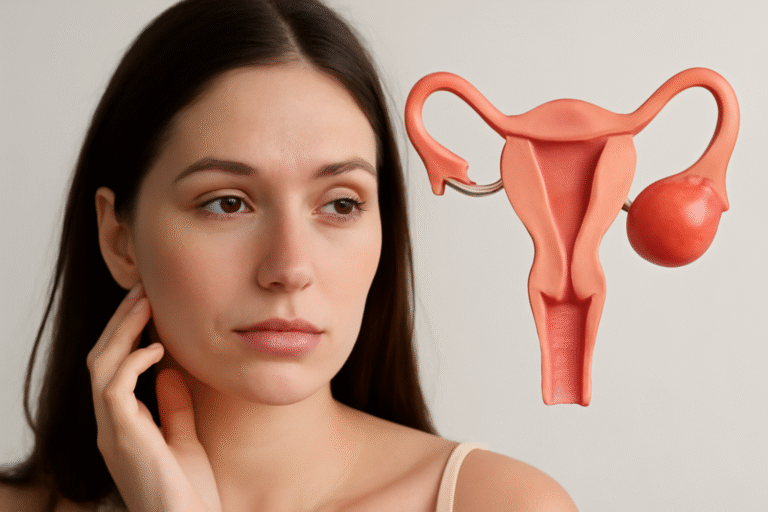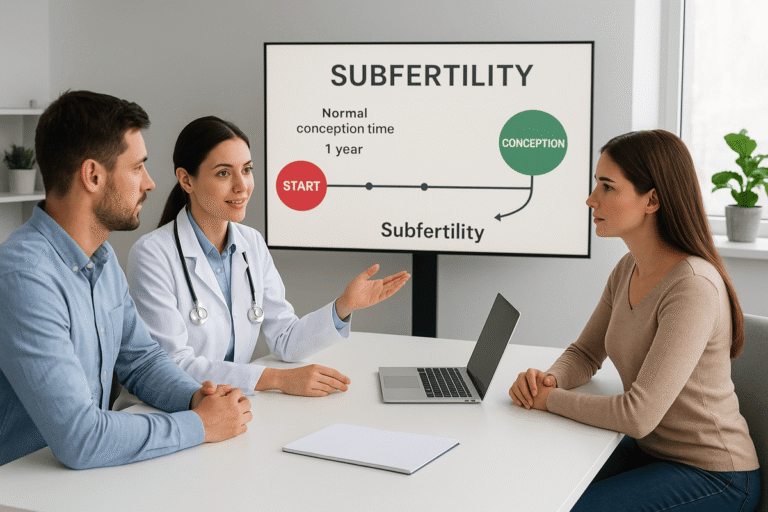Introduction
If you are attempting to conceive or avoid pregnancy, knowing your menstrual cycle and reproductive window is vital. “How many days after your period can you get pregnant?” is among the most often-asked questions women have. The key is knowing your reproductive days and ovulation cycle. Everything you need to know about your fertility window, ovulation, and how to maximize your chances of becoming pregnant will be broken down on this site.
How Many Days After Your Period Can You Get Pregnant?
When you ovulate, it determines your chance of becoming pregnant. Usually, ovulation strikes 12 to 16 days before your next period. Ovulation usually occurs for a woman with a 28-day cycle on day 14. Every woman’s cycle is different, though, and ovulation might change.
- If your cycle is shorter (e.g., 21 days): ovulation as early as day 7, therefore just a few days after your period stops, you could get pregnant.
- If your cycle is shorter (e.g., 21 days): ovulation may take place around day 21, therefore defining your fertile window later in the cycle
Key Takeaway: If you have a shorter cycle or ovulation early, you may become pregnant as early as five to seven days following your period.
When Are You Most Fertile And Get Pregnant?
Your fertile window covers the five days before ovulation as well as the day of ovulation itself. Whereas the egg is viable for around 12 to 24 hours following ovulation, sperm can live in the female reproductive system for up to five days. You are therefore most fertile:
- 5 days before ovulation
- The day of ovulation
Track your cycle using techniques such as these to identify your fertile days:
Also Read: Boost your Fertility
- Basal Body Temperature (BBT) Tracking: Your BBT rises slightly after ovulation.
- Ovulation Predictor Kits (OPKs): identify the luteinizing hormone (LH) spike that sets off ovulation.
- Cervical Mucus Monitoring: Fertile mucus is clear, stretchy, and resembles egg whites.
Factors That Effect Fertility
Your fertility and ovulation time can be affected by several elements:
- Cycle Irregularities: Stress, disease, or hormonal abnormalities can all cause irregularity in cycles that delay ovulation.
- Age: Particularly beyond 35, fertility falls with age.
- Lifestyle Factors: Poor nutrition, too much alcohol, and smoking might affect fertility.
Tips to Boost Your Chances of Getting Pregnant
- Track Your Cycle: Track your menstrual cycle and project ovulation using calendars or apps.
- Have Regular Intercourse: Aim for every two to three days throughout your reproductive window to have regular intercourse.
- Maintain a Healthy Lifestyle: Eat a balanced diet, schedule frequent exercise, and steer clear of smoking or too much alcohol to keep a healthy lifestyle.
- Consider Prenatal Vitamins: Think about prenatal vitamins; folic acid and other nutrients can help with a good pregnancy and fertilization.
Conclusion
Family planning depends on knowing how many days following your cycle you could become pregnant. Your chances of conception will rise if you track ovulation, know your menstrual cycle, and identify your viable window. Knowing your body’s rhythms helps you both prevent and attempt pregnancy.
If this information proves useful, forward it to others who could also profit! Remember also to sign up for our newsletter to obtain further ideas on wellness, health, and fertility.





[…] Also read: How Many Days After Your Period You Get Pregnant? […]